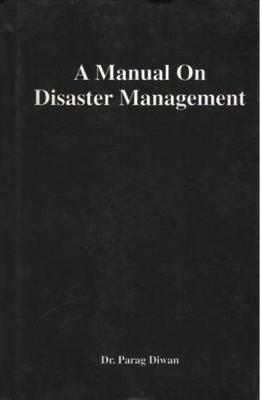Disaster Management is the discipline of dealing with and avoiding or reducing the aftermath of an emergency situation. It is a discipline that involves disaster response such as emergency evcuation, quarantine, mass decontamination, etc. and also supporting, and rebuilding society after natural or human-made disasters have occurred. In general, any disaster management is the continuous process by which all individuals, groups, and communities manage hazards in an effort to avoid or ameliorate the impact of disasters resulting from the hazards. Actions taken depend in part on perceptions or risk of those exposed. Effective disaster management relies on thorough integration of emergency plans at all levels of government and non-government involvement. Activities at each level (individual, group, community) affect the other levels. It is common to place the responsibility for governmental emergency management with the institutions for civil defense or within the conventional structure of the disaster services. The nature of management depends on local economic and social conditions. Experts have noted that the cycle of disaster management must include long-term work on infrastructure, public awareness, and even human justice issues. The process of disaster management involves four phases, namely mitigation, preparedness, response, and recovery. This Manual is an assimilation of a lot of public domain material in a structured format so as to be useful to students as well as practitioners of the science of Disaster Management.
- ISBN13 9788182744387
- Publish Date 30 May 2010
- Publish Status Active
- Publish Country IN
- Imprint Pentagon Press
- Format Hardcover
- Pages 312
- Language English
